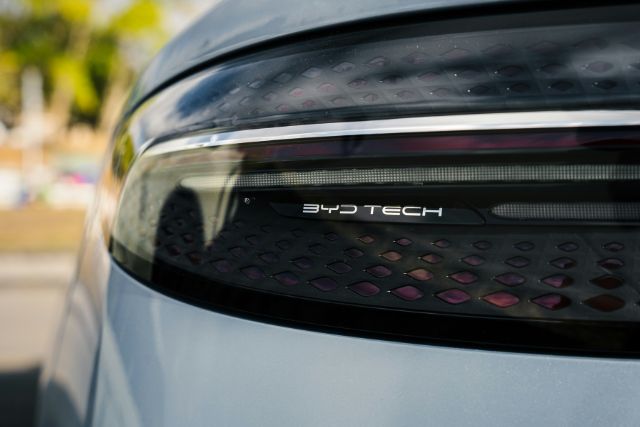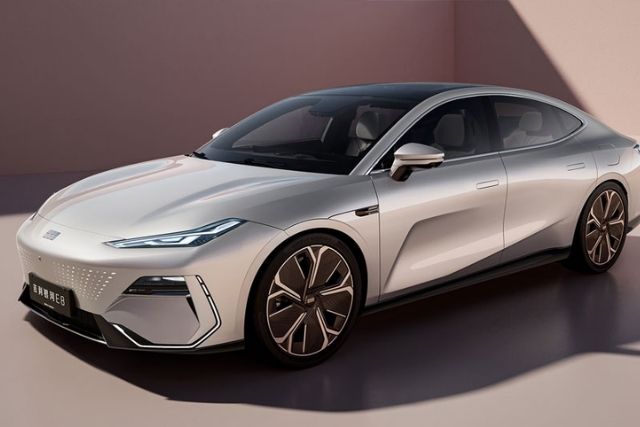The electric vehicle market in China has become a fierce battleground, and in the heart of this storm stands BYD, the largest EV maker in the country. As the industry fights for dominance, BYD’s strategy of aggressive price cuts has set the tone for the rest of the market—sparking fear, uncertainty, and a hard truth that many in the supply chain are struggling to face.
BYD Gets Into Price War
In late November 2024, a letter emerged, reportedly signed by He Zhiqi, BYD’s executive vice president. The contents were startling: BYD was demanding that its suppliers slash parts prices by 10% for the upcoming year. The message was clear—BYD was preparing for battle in 2025, and the stakes had never been higher. The competition in China’s EV market was growing fiercer by the day, and BYD needed every advantage it could get.
For BYD, this move was a matter of survival. The company has become a giant in China’s EV scene, holding a commanding 36.1% of the market share. But despite its successes, the price war, kicked off by Tesla’s price cuts a few years ago, had turned the industry upside down. With more than 200 EV manufacturers competing fiercely for consumer attention, BYD couldn’t afford to stay idle. Lowering costs across the supply chain was the only way forward if the company was to maintain its edge.
But BYD’s request wasn’t without its justifications. The company’s leadership made it clear that these cuts were not mandatory; they were part of a yearly negotiation process, a common practice in the automotive world. Still, for many, it felt like the company was using its position of power to push suppliers into a corner, squeezing them further to secure its own dominance in the market.
The Strain on an Already Stressed Industry
As BYD pushes harder on the accelerator, other carmakers are feeling the heat as well. Tesla, Maxus, and other EV giants are following suit, demanding price cuts from their suppliers in a desperate bid to survive. The Chinese EV market has become so oversaturated that experts predict many of the smaller players won’t make it through the storm. The situation is dire, but for companies like BYD, the survival of the fittest is the name of the game.
But the price war isn’t just hurting the suppliers—it’s also starting to show cracks in the foundation of the entire industry. The relentless focus on cutting costs and undercutting competitors could eventually lead to compromises in quality. Without enough financial breathing room, suppliers may struggle to innovate or maintain the same level of quality in their parts. And as the supply chain becomes increasingly strained, the risk of longer-term damage to the industry grows.
Workers in China are also feeling the pressure. Wages have already been hit hard by the economic slump, and job opportunities are scarce. The prospect of further job cuts, especially in the supply chain, looms large. Workers and suppliers alike are left wondering how much longer they can endure the intense pressure of a price war that shows no signs of slowing down.
What’s clear is that the price war isn’t just a fight for market share—it’s a fight for survival. For BYD, Tesla, and other major manufacturers, the race to the future of electric vehicles is no longer just about innovation and technology. It’s about who can weather the storm and emerge stronger on the other side. In the end, the winners may not just be the companies with the best cars, but those with the resilience to survive in the harshest market conditions.



